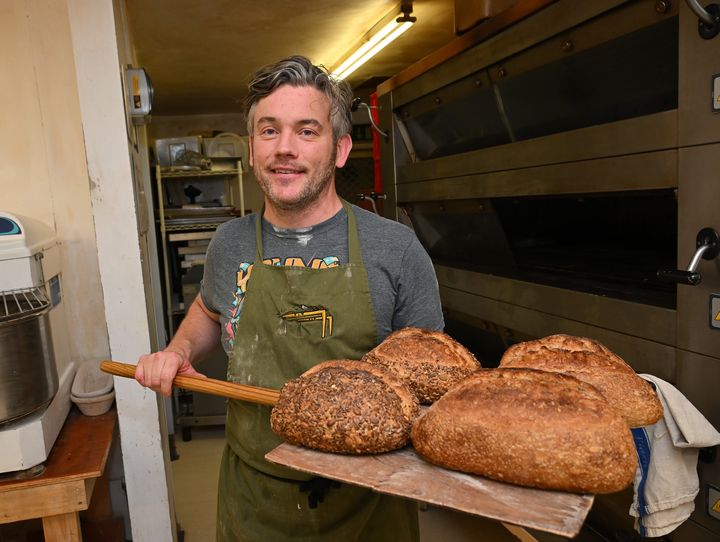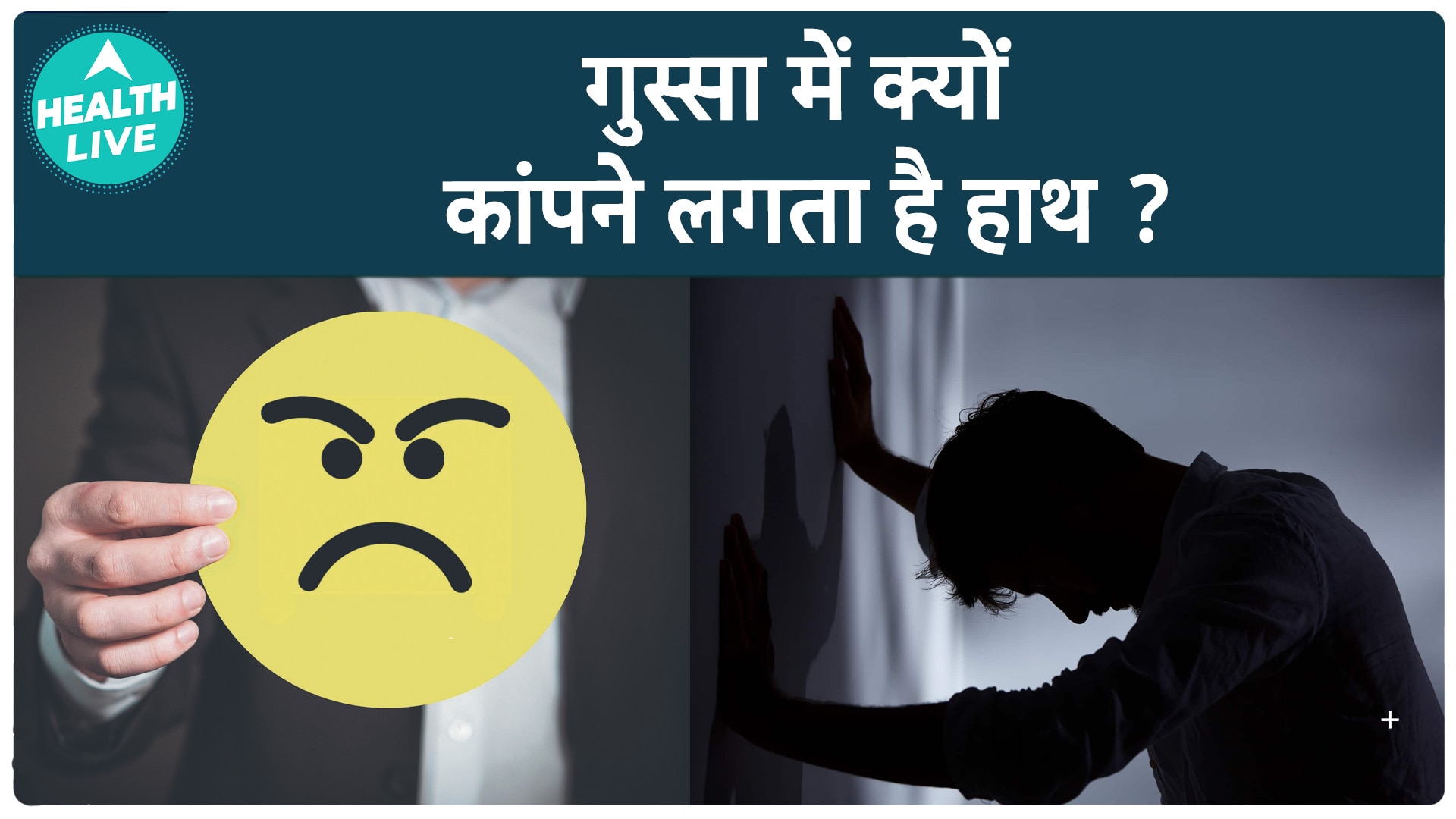For Sean Kelly, owner of Counter Culture Bakery, the process of breadmaking is vital. “Sourdough isn’t a bread — sourdough’s a process,” he says. “It’s not the actual product itself.
I try not to refer to things as sourdough; I try to refer to them as being real bread. “Something that’s real bread doesn’t have to be a sourdough product, even though 99% of the products I make are sourdough products. “The definition of something being real bread is that it doesn’t have any preservatives and it doesn’t have any other any additives added into the actual dough itself.

“If you want to call a product sourdough, the basis of it can only be flour, water and salt.” What Sean and his team classify as sourdough is something naturally leavened — creating the fermentation between flour and water. “Then we add the salt,” he continues.
“Salt gives us a bit of strength in our dough and it also sort of seasons the bread as well. “But it has another effect: salt helps with the structure and stuff of the bread as well. It gives the bread a wee bit of strength whenever you’re mixing it.
” Everything is fermented in the bakery and originates from the starter, which was given to Sean not long after he began working in kitchens. He estimates ‘Janis’ (the starter) is in its twenties and gets fed every day. He’s also introduced a wholemeal starter, ‘Rocky’, from which he makes loaves exclusively.
“We’re trying to do more down the line of creating more wholemeal products, trying to be more sustainable,” Sean explains. “We all have to try to use some more wholemeal. The days of just everybody using copious amounts of white flour eventually will go.
“It is a bit better for us too. It’s better for regulating our blood sugars and things like that; fermented as well, compared to fermented white flour. We try to use a wee bit of wholemeal in everything we do, and then we use some fully wholemeal products too.
” Predominantly a market trader, Sean also conducts wholesale work, selling to farm shops, delis and selected cafés and restaurants. “We grew up like most families. My granny lived with me and she would have baked soda breads, potato bread.
.. she made the traditional Irish breads.
Breads would have been made every day at home,” he explains, saying his background is based in hospitality. During Covid, his aim was to learn a new skill that he could bring back to the restaurant in which he was working when things were on a more even keel. “The one advantage that has come out of it is that people have realised that it’s a difficult enough skill to learn, to be able to get it, to do it right,” he says of the process.
“I have learnt a lot more since I’ve actually started to come to do it as my job. “Whereas in the house I was making a few loaves every day at home, but it still took me until I actually went into that environment where I was doing it every day to actually have a better idea of what I was doing. “The fermentation times are all long processes, but long processes in the bread side of the world helps with the breaking down of the gluten within the structure.
“Generally people who have gluten intolerance have generally found that a lot easier on their body. “Because it is easier on your body to digest, because it has time to break down the structure of the gluten within the air..
. It also adds flavour to stuff. “I’m not a scientist, I’m not a nutritionist, I can only tell you from what have I experienced, but they definitely taste better than something that’s mass produced and made on a relatively quick scale and relatively doesn’t have any flavour.
It definitely tastes better than anything that you’re going to buy in a shop.” Sean, who is a member of Real Bread Ireland, states that the pandemic has led to people becoming more conscious of what they put in their bodies. “They know what’s in most things — artificial chemicals and things to make products last so much longer than that,” Sean says.
“The massive thing that I have found about making bread is actually the longevity of a loaf. People kind of think that, oh, you just buy a loaf and that’s it, that it’s done the next day. “But there is a longevity to a loaf of bread, even if there is no artificial chemicals or anything in it, to actually make it last longer on your shelf.
“Yes, it might not last 10 days or it might not have the same sponginess as it did on the first day — you know, it doesn’t have that, but after you’ve put it in the toaster, or you’ve given it a bit of a regen in the oven or something, bread generally comes back to life relatively well. “We’re busier than we were three years ago and that’s all we can really ask for as a small business. “Everything that comes out of our bakery is made by someone’s hands.
” Sean credits Real Bread Ireland for the wealth of knowledge available, thanks to everyone being willing to share. “There are no secrets that seem to be involved; everybody’s very good about passing information to each other. “And everybody is baking for a similar goal — to get more people to eat real bread.
”.


















